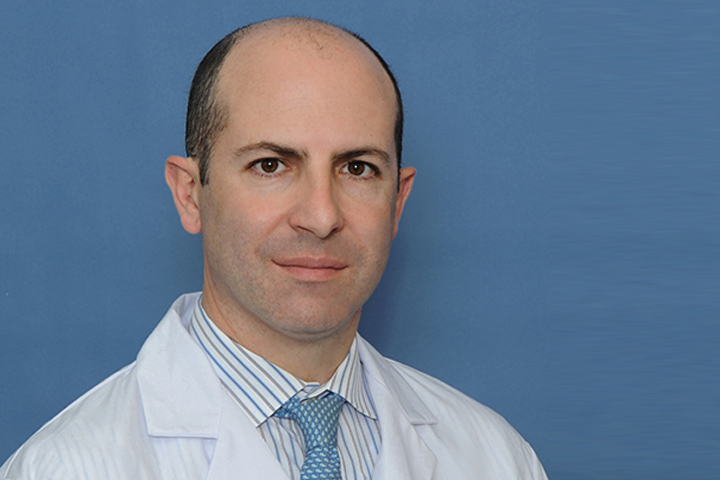Positive Results For Borderline Resectable Disease Pilot Study

A pilot study presented at the 2024 AACR Annual Conference (San Diego, California) suggests that for people with borderline resectable pancreatic cancer, administering an immunotherapy drug called a PD-1 inhibitor in combination with chemotherapy before surgery is safe and may improve long-term outcomes.
Borderline resectable tumors are in more difficult locations for surgery, often touching or wrapped around vital blood vessels, making surgery tricky, with a possibility of some cancer cells being left behind. The challenge in treating patients with borderline resectable disease is two-fold. The tumor must be easier to safely remove, and the surgeon must be able to take out enough area around the tumor so that no cancer cells remain and there is a negative surgical margin. Meeting these conditions can boost the odds of long-term survival.
Borderline resectable pancreatic cancer also conveys a high risk for spreading of the disease. Laboratory models have shown that metastasis arises early in pancreatic cancer, and many patients who undergo surgery still relapse with disease that has spread.
Previous studies combining chemotherapy and PD-1 inhibitors, a type of immunotherapy drug that helps the immune system recognize and destroy cancer cells more effectively, have not shown improvements in treating people with pancreatic cancer. However, prior to this study, using the combination of chemotherapy with immunotherapy has not been tested before surgery (in the neoadjuvant setting).
This research opens up new avenues for exploring the role of immunotherapy in earlier stages of pancreatic cancer, potentially offering more effective treatment options for patients with borderline resectable disease.
“I do think that if we think about the disease as solely metastatic when the cancer is actively growing, using a classic immunotherapy approach will not be fruitful,” explains Zev Wainberg, M.D., M.Sc., co-director of the UCLA Health GI Oncology Program (Los Angeles), and first author of the study abstract. “But, if we take a step back and think about other cases where pancreas cancer patients suffer from resectable, locally advanced and borderline, we can hope to impact the disease.”
Positive Outcomes
The research team, led by UCLA Health Jonsson Comprehensive Cancer Center investigators, found that treating patients with the combination therapy prior to surgery resulted in a higher rate of successful tumor removal, increased the period of time before the cancer worsened, and extended overall survival when compared to historical controls. Adding the immunotherapy component did not increase significant adverse side effects and led to no significant post-surgical complications.
“I think studying immunotherapy drugs is challenging in the metastatic setting when the patients are very advanced and the disease grows quickly,” Wainberg says. But giving the drugs when the disease is “microscopic makes more sense biologically even though the impact is harder to measure,” he adds. The results also showed this approach enhanced the function of cytolytic T cells. The main job of these cells is to attack cancer cells.
About the Study
In the phase I/II trial, patients received neoadjuvant treatment with modified FOLFIRINOX (5-fluorouracil with leucovorin, irinotecan, and oxaliplatin) plus nivolumab, a PD-1 inhibitor. Nivolumab is a monoclonal antibody that binds to the PD-1 protein on the surface of T cells, which are immune system cells. PD-1 normally prevents T cells from attacking other cells in the body. By blocking PD-1, nivolumab and other PD-1 inhibitors can boost the immune response against cancer cells.
The study included 28 patients (16 male, 12 female) with borderline resectable pancreatic cancer. Twenty-six (93 percent) of the participants completed at least three cycles of the combination therapy and 24 (86 percent) underwent surgery. Genetic sequencing was performed on 21 post-treatment resected tumors, six patient-matched diagnostic pre-treatment biopsies, and nine resected tumors from non-trial patients treated with chemotherapy alone.
At a median follow-up of 24 months, the median progression-free survival was 34.8 months, and the median overall survival was 35.1 months. For patients who underwent surgical removal of the tumor, the 18-month overall survival rate was 90 percent. There were two pathologic complete responses and two near complete responses. The researchers also observed an increase in immunosuppressive adenosine, which indicates a potential resistance mechanism that may be targeted in future work to enhance the body’s ability to fight the cancer.




